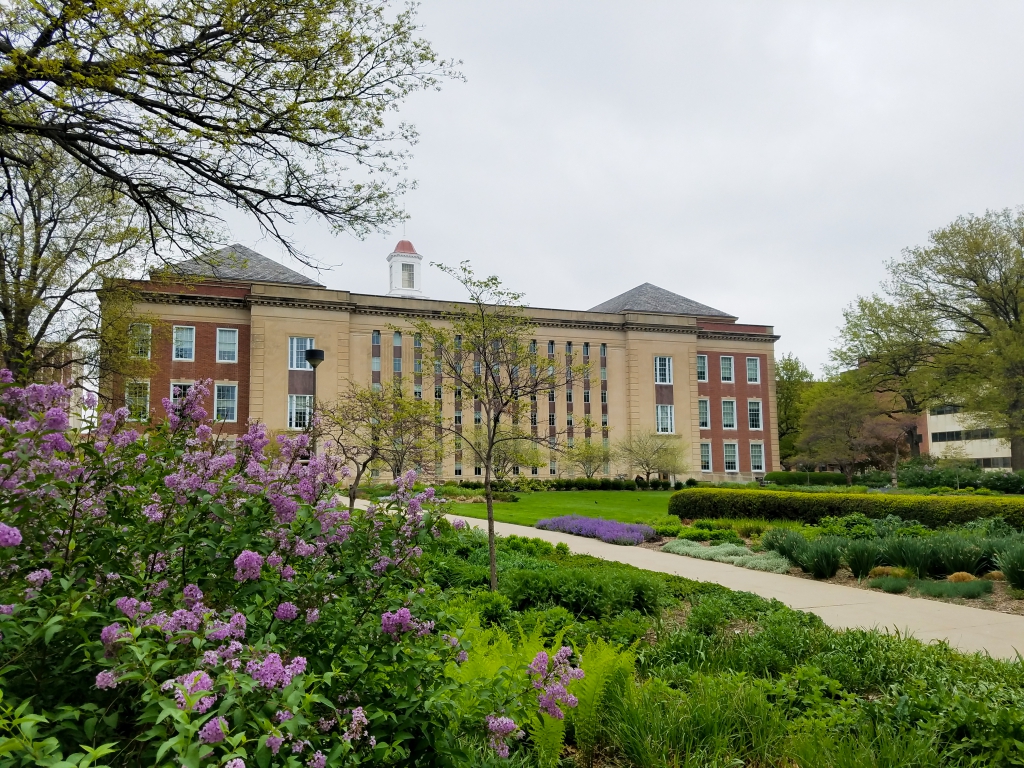Ashley Washburn, December 7, 2020
Nebraska faculty share tips for garnering external recognition
Faculty members shared tips on how to successfully compete for national awards and recognitions at a roundtable discussion during Women in Research Day, part of the virtual Nebraska Research Days celebration Nov. 2-6. The event was hosted by the Office of Research and Economic Development in partnership with the campus chapter of the Association for Women in Science.
Petrina Suiter, external awards and recognitions coordinator, started the roundtable discussion by discussing how her role can help faculty discover recognition opportunities in research, teaching and outreach, and navigate the application process. A faculty recognitions and awards website contains more information about services, award opportunities and becoming award-ready, plus an awardees list for reference purposes.
Four Nebraska scholars shared why they compete for external honors, what they’ve learned from the process and the importance of creating a culture of success at the University of Nebraska-Lincoln.
Dawn O. Braithwaite, Willa Cather Professor of Communication Studies
Her advice: Start by building a culture of success within your department.
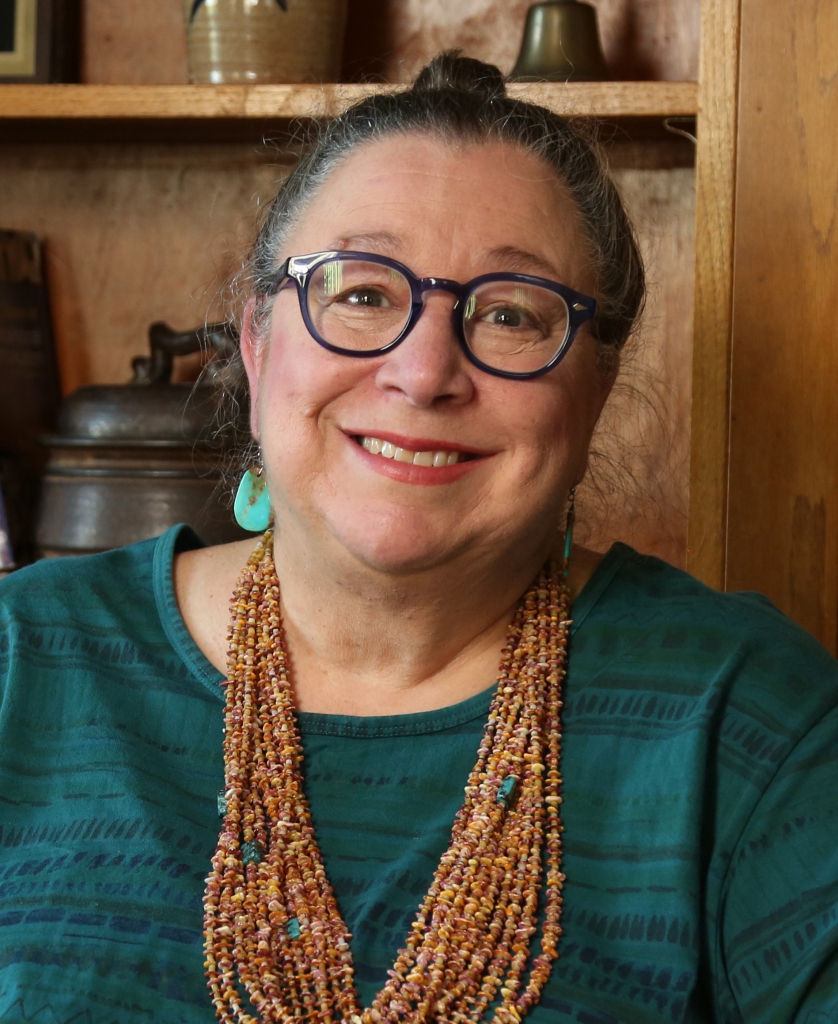
As a leader on campus and within her field, Dawn O. Braithwaite has a long track record of success in both winning awards and building a culture of success within the Department of Communication Studies. She emphasized the importance of department chairs continually scanning for awards and sharing opportunities with colleagues.
Success has a snowball effect, she said. Researchers who win awards are more likely to learn about other opportunities. Early- and mid-career faculty can create a “scaffolding” for success by continuing to apply for increasingly prestigious honors over the course of their careers. Senior leaders and scholars should consider creating new awards – and opportunities – within their discipline.
Leaders must remember that individual accomplishments are successes for the entire department or unit, Braithwaite said. Bring people together to celebrate in big and small ways, such as parties, trophy cases, newsletter mentions, social media posts and more.
Helping colleagues deal with failure and disappointment is as important as celebrating success. Competing for the most prestigious awards, Braithwaite said, “takes courage and persistence.”
Read more advice from Braithwaite here.
Lily Wang, associate dean for faculty and inclusion, College of Engineering
Her advice: Be fearless in reaching for those ‘gold stars.’
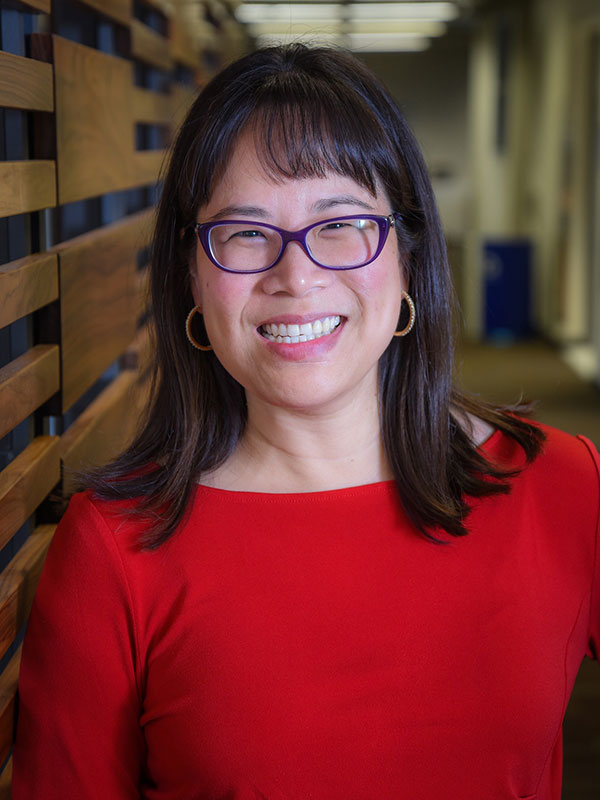
Lily Wang began her advice with a confession: “I have coveted and pursued ‘gold stars’ my whole life. … It’s ingrained in my being.”
Many high-achieving individuals have that mindset, Wang said, but may hesitate expressing that interest to others. As part of a niche discipline – acoustics engineering – Wang said she is not shy about asking colleagues for nominations.
“It’s okay to want to get those gold stars,” she said. “Be bold, and ask those trusted colleagues and leaders.”
Now in a leadership position, Wang is committed to cultivating opportunities for others. She works closely with Suiter, the external awards and recognitions coordinator, to create lists of awards for which her College of Engineering colleagues may be eligible. Wang also recommends targeting specific faculty members. Encourage them to apply, and offer to write the nomination letter.
Even colleagues who have a strong history of success may need an extra push to reach for the highest honors inside and outside their discipline, Wang said.
Prestigious awards influence rankings, Wang reminded the audience, and the entire college or department benefits when someone gets that gold star.
Eileen Hebets, Charles Bessey Professor of Biological Sciences
Her advice: Awards are pathways to increasing gender equity, diversity.
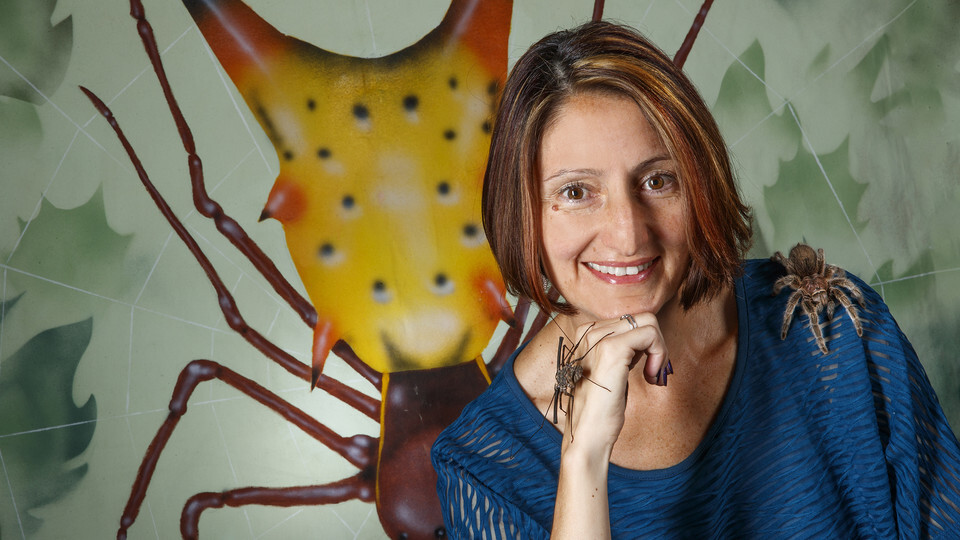
Eileen Hebets’ award trajectory has risen significantly in recent years, “but I needed to be pushed to get there,” she said. Hebets became an Association for the Advancement of Science fellow in 2019, but the path to receiving one of academia’s top honors meant overcoming her own resistance to self-promotion first.
Hebets said she leaned on encouragement from respected colleagues and ORED staff, who helped outline the steps for her to become eligible for AAAS fellowship, including being a member for four years and applying for other awards to solidify her candidacy.
Now part of an elite club of researchers and scholars, Hebets said she views awards and recognitions differently, especially for women and underrepresented groups. Only four women have received the Nobel Prize for Physics, she pointed out. Gender equity and lack of diversity remain barriers to joining the top ranks.
Winning prestigious awards gives scholars a voice, she said. They also have better odds of receiving funding for their research programs. “It increases confidence and a sense of belonging, especially for women and minorities, which leads to more innovation and directly impacts their career path,” Hebets said.
Because many awards panels are composed of previous winners, future generations of researchers will benefit from more women and minorities earning recognition today, she said.
Martha Mamo, department head and John E. Weaver Professor of Agronomy and Horticulture
Her advice: Departments must be intentional in their approach to awards and honors.
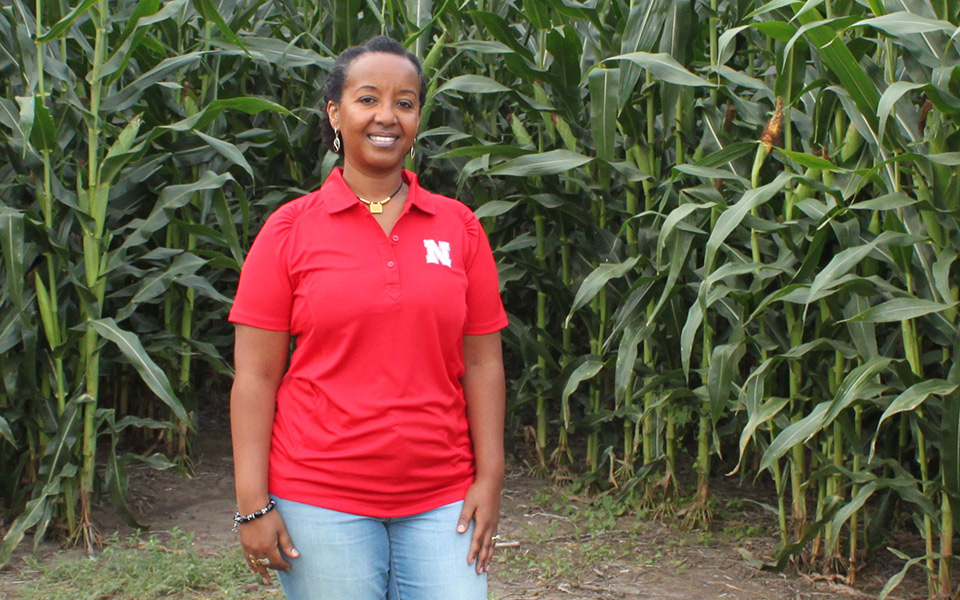
The Department of Agronomy and Horticulture has an impressive track record of earning external awards, in no small part because of its “systematic and programmatic” approach, its department head Martha Mamo said.
The department has an awards “matchmaking committee” that continually scans for opportunities and aims to pair faculty with awards for which they may be eligible. To facilitate that, the department maintains a database of scholars’ portfolios and research interests. This approach ensures that the entire department shares responsibility for its faculty’s success, Mamo said. The promotion and tenure committee also submits suggestions to the awards committee.
“The advantage to this approach is that it gets more people nominated and expands the network,” she said. Otherwise, strong scholars may be overlooked.
When a colleague is recognized, Mamo said, the entire department celebrates with enthusiasm and support, serving as further motivation.
For more information about helping faculty pursue prestigious honors and awards, contact Petrina Suiter, external recognition and awards coordinator.
